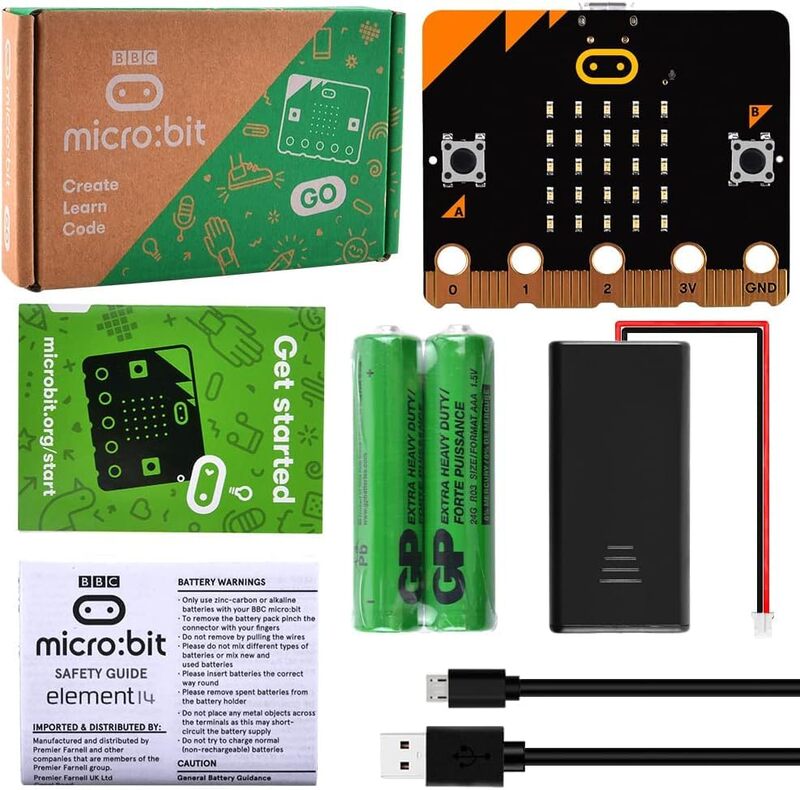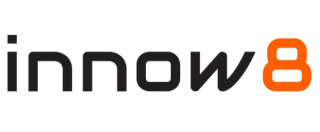
The BBC Micro Bit V2.21 is a pocket-sized, single-board computer designed for STEM education, coding, and DIY projects. Featuring built-in sensors, Bluetooth, and a 5x5 LED display, it’s perfect for beginners and advanced learners.

The BBC Micro Bit V2.21 is a pocket-sized, single-board computer designed for STEM education, coding, and DIY projects. Featuring built-in sensors, Bluetooth, and a 5x5 LED display, it’s perfect for beginners and advanced learners.
Stay informed about our latest updates through email. Subscribe here.
Get your orders quickly with our expedited shipping
Shop confidently with our secure and trusted payment methods
"Round-the-clock assistance: Our team is here to help anytime, anywhere
7-day hassle-free returns: Shop worry-free with our flexible return policy
Domains- innow8.us, innow8.ai
Innow8 empowers students to innovate through STEM, Robotics, AI, and IoT kits, labs, and learning platforms — building the creators of tomorrow.
